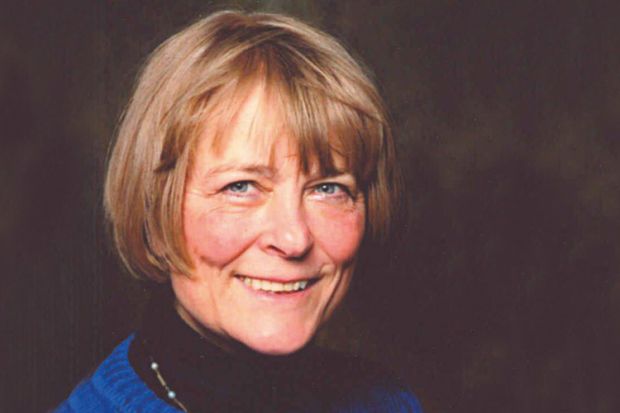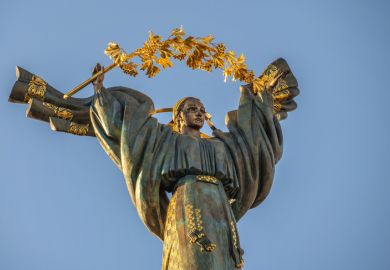Patricia Crone was born in Kyndeløse, Denmark, on 28 March 1945 and studied at the University of Copenhagen before moving on to Soas, University of London to complete her undergraduate education (1969) and then a PhD (1974). She started work at the Warburg Institute as a senior research fellow before, in 1977, becoming a university lecturer in Islamic history (and fellow of Jesus College) at the University of Oxford for the next 13 years.
From Oxford, Professor Crone transferred to Cambridge as an assistant lecturer in Islamic studies (and fellow of Gonville and Caius College) from 1990 to 1992, lecturer until 1994, and finally reader. In 1997, she joined the Institute for Advanced Study in Princeton, New Jersey, as Andrew W. Mellon professor, a post she held until she retired and became emeritus in 2014.
In her first book, Hagarism: The Making of the Islamic World (with Michael Cook, 1977), Professor Crone drew on archaeological discoveries and contemporary Aramaic, Armenian, Greek and Syriac sources to cast a critical light on traditional Muslim accounts of the origins of the religion. This led to a view of early Islam as a form of tribal rebellion, deeply linked to Judaism, against the surrounding Byzantine and Persian empires – a controversial interpretation which has been debated and developed ever since.
Later books by Professor Crone were equally bold and contentious. Meccan Trade and the Rise of Islam (1987) challenged the common notion that Mecca was a major trading centre at the time of Muhammad. Pre-Industrial Societies: Anatomy of the Pre-Modern World (1989) ranges well beyond the Islamic heartlands to India and even further east. And God's Rule: Government and Islam. Six Centuries of Medieval Islamic Political Thought (2004) is equally impressive in its chronological scope.
Nicola Di Cosmo, Luce Foundation professor in East Asian studies at the Institute for Advanced Study, praised Professor Crone’s work as “a brilliant example of fiercely creative, deeply probing and unfailingly far-sighted research”.
Never afraid to explore slavery, religious intolerance, jihad and other uncomfortable aspects of Islam, Professor Crone showed equal courage when she was diagnosed with cancer in 2011. She carefully investigated claims that marijuana can help slow the progress of the disease and even risked criminal charges to carry out her own human trials. Her experiences were recorded in a documentary, For the Life of Me: Between Science and the Law (2014), made by her sister Diana Crone Frank.
Professor Crone died on 11 July.
Register to continue
Why register?
- Registration is free and only takes a moment
- Once registered, you can read 3 articles a month
- Sign up for our newsletter
Subscribe
Or subscribe for unlimited access to:
- Unlimited access to news, views, insights & reviews
- Digital editions
- Digital access to THE’s university and college rankings analysis
Already registered or a current subscriber? Login




